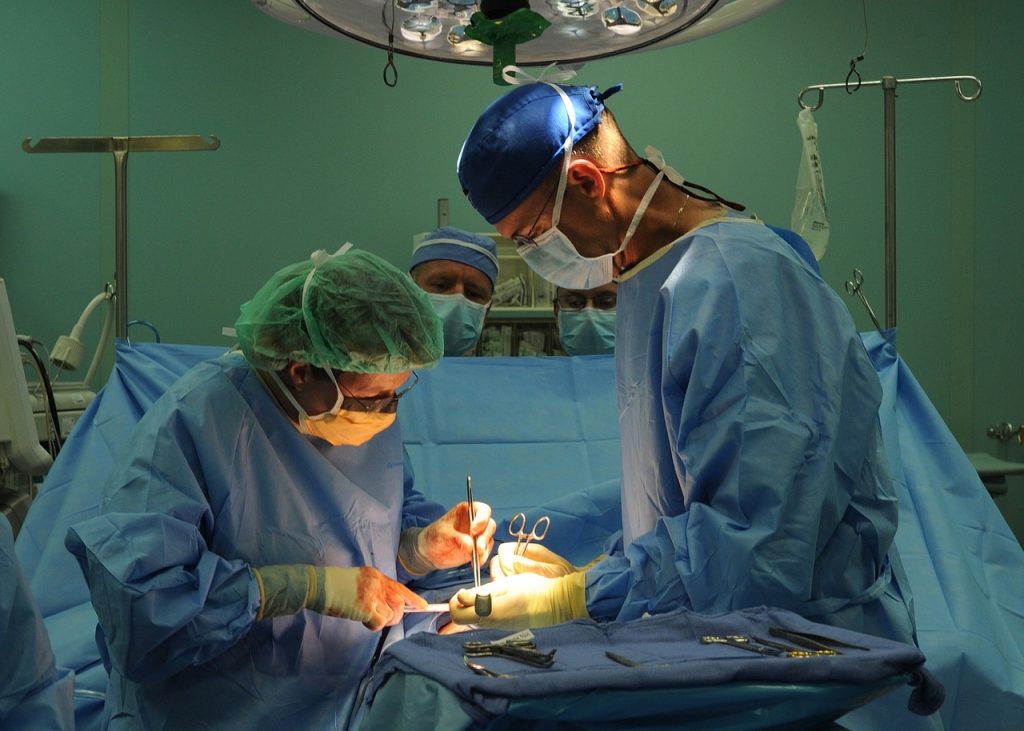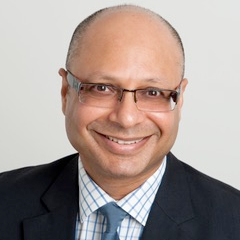Time to reform surgical education
| 21 April, 2017 | Prem Rashid |
|

|
Professor Prem Rashid, Director of Urology, University of New South Wales, Australia, suggests that individual teaching surgical units need to rethink their paradigms and consider how each individual can contribute to the education experience. Here, he explains why adult learning theory should be better integrated to improve the delivery of surgical education and training.

The master-apprentice model
The challenge in surgical education and teaching relates intimately with its origins in the master-apprentice model. Junior doctors who were keen to pursue a surgical career were left to navigate a relatively unstructured process, which assessed candidates primarily on their dedication to their work as well as their developing clinical and technical skills.
most day to day clinicians do not have the time, inclination or incentives to pursue formal post graduate qualifications in surgical education
Those who were perceived to be ‘not truly dedicated’ or ‘slow to acquire skills’ were either ignored or counselled to choose an alternate career path. With time, surgical education and training has become progressively more structured globally, but that level of evolution and restructuring is different from region to region.
With developing partnerships between professional associations and colleges of advanced training the processes have become a little more aligned. The speed at which these changes are taking place is picking up and is helped by the connectivity of people and organisations via the internet.
Contemporary education practise
Surgical education and teaching needs to change because in its current model there is still a lack of formal process by which a clinician can become a surgical educator. There are short courses run by professional colleges, as well as, post-graduate qualifications including diplomas, masters and doctorates, but most day to day clinicians do not have the time, inclination or incentives to pursue formal post graduate qualifications in surgical education.
Some colleges have mandated formal surgical education programs for at least the nominated supervisor in each teaching unit. Ideally these programs will apply to all surgeons who undertake clinical education. Surgical education needs to embrace contemporary education practice and do so while delivering a clinical service with the expectation that graduates will not spend an unreasonable period in training. The work/life balance also needs to factor into the process.
Integrating adult learning theories into practical education
The aspects of surgical training that have evolved with time are that each program needs to be practical and workable within a limited timeframe
I looked at adult learning principles and theories because the learner in this environment is usually in their late 20s or earlier 30s. They have also had an excellent track record of academic performance. Each has a unique style of learning as well as an ability to reflect on their performance. This very much aligns with principles of adult learning.
Unlike school which is compulsory, these adults have made a wilful choice to pursue higher education. The aspects of surgical training that have evolved with time are that each program needs to be practical and workable within a limited timeframe and must also offer education and training within the constraints of a busy clinical unit.
Additionally, training processes have become more constructive, objective and better outlined. Along these lines, assessment processes need to be objective, fair and reliable. The theories of adult learning offer a framework to help work in the background when formulating ideal settings for implementing teaching.
In my article, I outline three examples of where adult learning can be applied in the pre-operative assessment of the patient, intra-operative teaching as well as post-operative debriefing. There are multiple areas outlined where aspects of trainee preparedness, communication, engagement and feedback can be applied.
Supervisors must engage with surgical education
The real challenge is bringing the theoretical discourse on surgical education into practice. That for many remains the difficulty, and for a large part of underperformance it is the non-technical skills that are a challenge to outline, teach and evaluate.
delivery of clinical services are not the only priority in a teaching hospital and that education must remain an important priority as well
The key point relates to supervisors engaging proactively within the realm of surgical education, understanding the theoretical basis and being willing to implement using their own experience to bring together a style that suits their own personality and working environment.
Employing jurisdictions need to understand that the delivery of clinical services are not the only priority in a teaching hospital and that education must remain an important priority as well. Financial entitlements need to include teaching endeavours and not just focus on the delivery of high quality clinical care.

|



User comments must be in English, comprehensible and relevant to the post under discussion. We reserve the right to remove any comments that we consider to be inappropriate, offensive or otherwise in breach of the User Comment Terms and Conditions. Commenters must not use a comment for personal attacks.
Click here to post comment and indicate that you accept the Commenting Terms and Conditions.